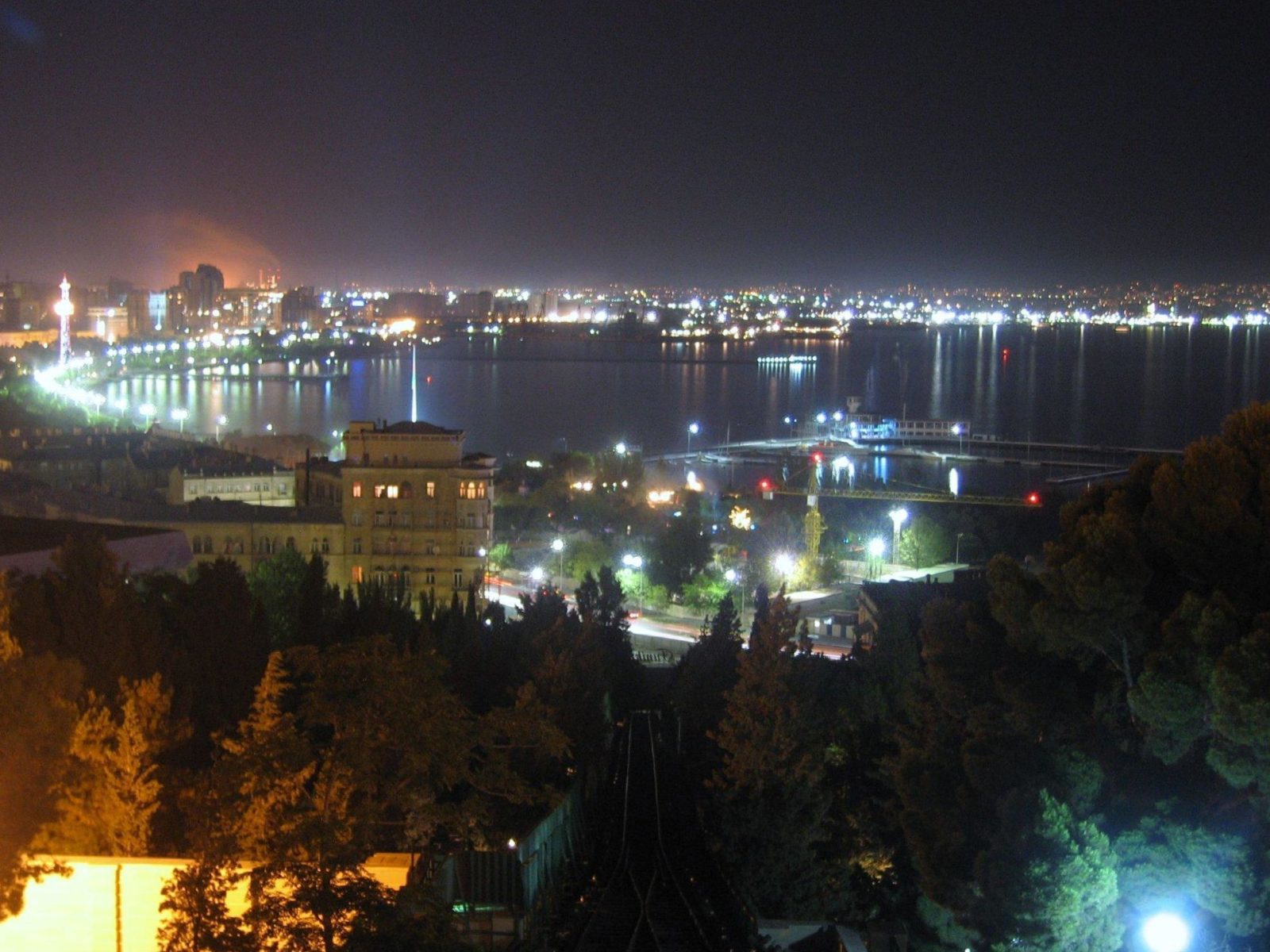
The situation for civil society activists in Azerbaijan has gone from bad to worse over the last couple of years, despite the country being part of two prestigious transparency initiatives, the EITI and OGP. PWYP has documented the deterioration of civil society rights and has repeatedly called for strong action to be taken. Last month, the EITI Board voted to relegate Azerbaijan’s status from an EITI compliant country to a candidate country; it is the first time a country’s status has been degraded. But will this decision, unprecedented as it may be, lead to change? Here, Sabit Bagirov, civil society activist, President of the Entrepreneurship Development Foundation and former EITI international board member lays out his thoughts on what may happen next.
I participated in the last meeting of the Multi Stakeholder Group on May 5. The meeting lasted two hours and a half and most of the time was spent on discussing the decision of the EITI Board. My impression is that Shahmar Movsumov, Azerbaijan’s government representative on the EITI Board, is genuinely concerned by the EITI Board’s decision to lower the status of Azerbaijan. I think he is waiting for the President to decide whether to adhere to the EITI’s requests or pull out from the initiative. Is it difficult to say what the President will do, but I think it will not be an easy decision. I have carefully read the Board’s decision and I think that the Azeri government will find it very difficult to fulfil the conditions set out by EITI Board (perhaps not all the conditions, but at least some of them). To this end, the government should review last year’s amendments to the law on NGOs receiving grants and the other laws that substantially complicate the activities of NGOs and put them at the mercy of the government, particularly when it comes to access to financial resources. It would mean the government changing course when the ink on their NGO law has barely dried. Will the President do it? If he doesn’t, we can hardly expect the EITI Board to change its decision – the situation is almost a stalemate.
Dr. Daniel Kaufmann, president of the NRGI, who was present at the meeting, recommended that the Azeri multistakeholder group apply to the EITI Board requesting the appointment of a facilitator to assist the government and MSG. This, of course, is good idea, but it will only work if government decides to lift restrictions on NGOs and revert to past law. I repeat that this is not an easy decision for the government to take.
I think there are three different scenarios that could unroll:
1) The government changes its restrictive legislation and creates favorable conditions for the activities of NGOs. A year later, the status of Azerbaijan as a compliant EITI country is restored;
2) The government does not change its laws or conditions for civil society, but continues to publish reports on revenues from the extractive industry. A year later, the EITI Board excludes Azerbaijan from the EITI. Azerbaijan nevertheless continues in the following years to publish reports, remaining true to the principle at least of revenue transparency.
3) The government says that the principles of the EITI have changed and purposefully leaves the EITI and stops publishing reports on its extractive revenues.
In my opinion, the second scenario is more likely.
At the same meeting, the MSG decided to accelerate the process of publishing the 2013 Azerbaijan EITI report. Next week, the working group should finish looking at the latest version of the report. We can expect that the MSG will approve the report for 2013 within the next two weeks.